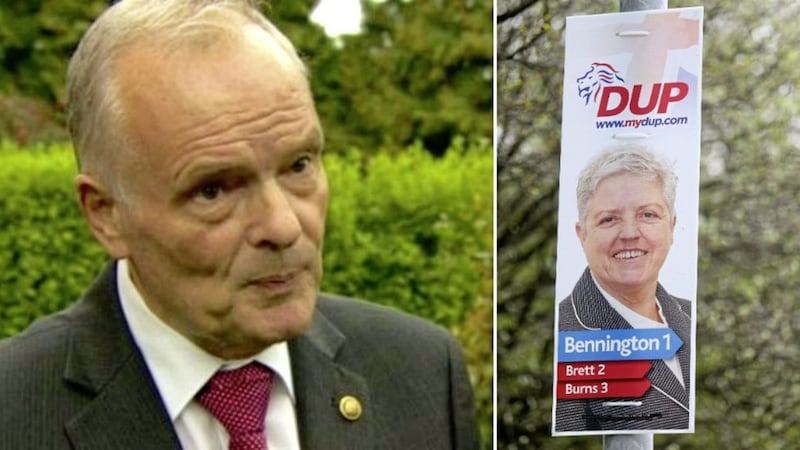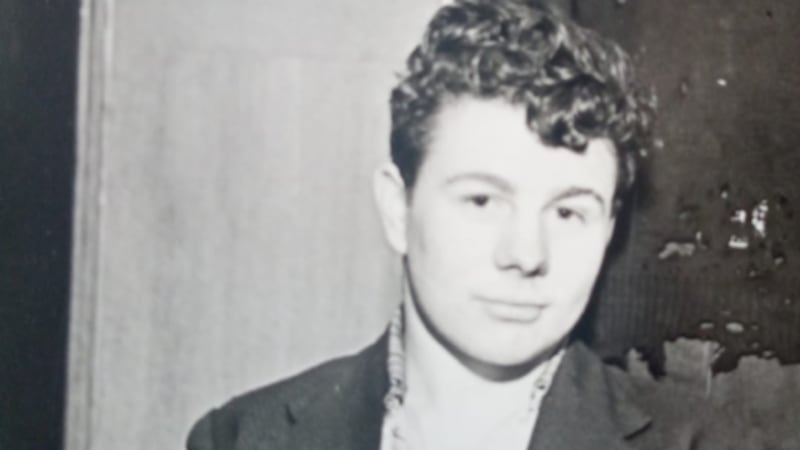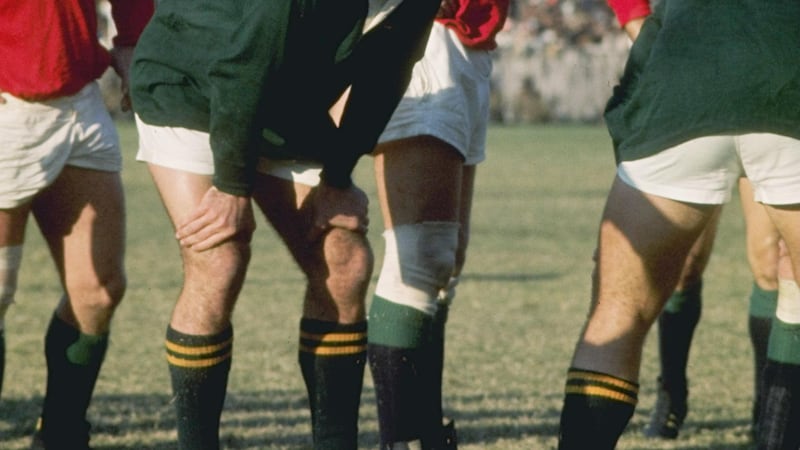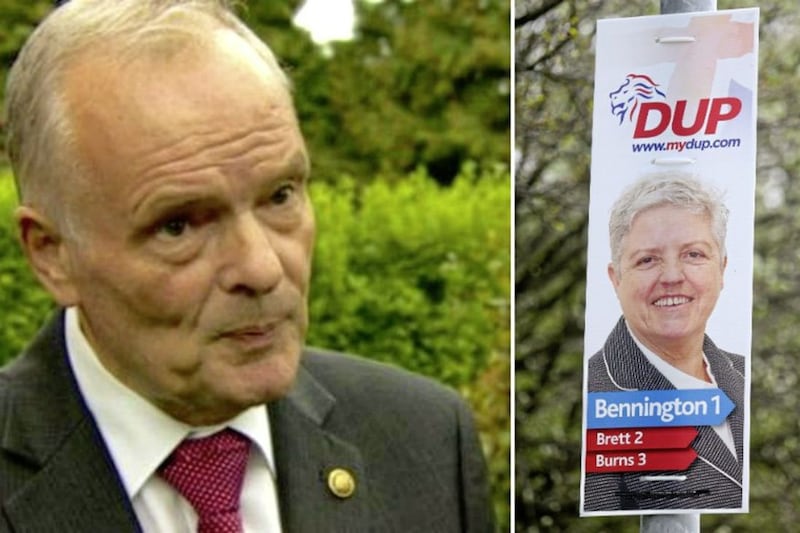A prominent Free Presbyterian Minister has said compensation should be paid to Troubles victims "based on need" and not take their past into consideration.
Rev McIlveen, a close friend of the late Rev Ian Paisley, is better known for his hard line, socially conservative views.
However, speaking to the BBCs Sunday Sequence programme the firebrand preacher said his fear for the peace process had changed his views on how compensation should be paid to Troubles victims.
Rev McIlveen said financial needs should be assessed by an independent panel and the victim should be allowed to remain anonymous.
His views are out of step with the DUP, who earlier this year claimed the Victim's Commissioner Judith Thompson "lost the confidence" of unionists in relation to her position on the pension for all those severely injured during the Troubles.
"Over the last number of years we've been struggling with the great issue of peace in the sense that we didn't, I feel, appreciate what we had whenever it was presented to us", he said.
"There was an opportunity for peace to be embraced and I see peace as a gift.
"Whenever there was the referendum on the peace process I voted against it, not because I voted against peace but I was concerned at the process and wondered would the process somehow suffocate the benefits and the blessings of peace.
"I thought that would be the way it would work out, then whenever Dr Paisley and Mr McGuinness came together I thought 'I was wrong'.
"I thought this is such a wonderful opportunity, a golden period.
"But sadly that has dimmed, it has been tarnished over the past number of years", Rev McIlveen said.
The 72-year-old minister said "it is important that we do move on".
"There are many people suffering as a result of the troubles we have had and I am not diminishing that.
"But at the same time we can't live in the past, we have to move on and we've got to in some way compensate and encourage people to do that.
"We have to always appreciate that neither the state, or the church, or any organisation has an unending reservoir of comfort, we can't provide all the answers to people and people have got to evaluate what is most important for them" Rev McIlveen said.
"I know we all have memory of our loved ones and especially those who have been taken from us during the Troubles, but there is a very wonderful bible verse that says, 'having food and raiment let us therefore be content'
"Evaluating the simple things in life is the basis of moving on.
"To be able to wake up in the morning, to emerge from your bed to have food to eat and clothes to put on, I know it's very simple but it's very, very important".
When asked about those victims who are still seeking truth about their loved ones murders, Rev McIveen said: "I am not really convinced in my own mind about the pursuit of truth".
He added: "I don't know how one defines that in terms of all the ingredients that might perhaps make up that final solution to that individual.
"Could it be compensation, could it be more support from the government, from the church?
"When it comes to compensation, I know it is a sensitive issue, but I (be) would of the mind that every individual who is suffering ... they should be treated in an anonymous way.
"They should be able to present their need in a manner that is personal to them".
An anonymous method of allocating compensation could mean former paramilitaries may also be entitled to payments, Rev McIlveen said we "need to pass on into a different period".
"If there is anonymity it certainly would bring them (former paramilitaries) on board but we wouldn't know anything about that if it was in an anonymous way
"We have to move on ... I certainly would not condone the actions of violent or murderous people, that could not be done.
"But we are in a situation now were there are so many people who are suffering from the legacy of the past, I would suggest there are very few that would be in the category that would be viewed suspect.
"Every person would have to be assessed accordingly and if they have got needs - whatever those needs are - the response would be according to the measurement of their need.
"It wouldn't be to the classification of perpetrator or the classification of the innocent it would be the classification of those who have specific needs, that would be the criteria.
"It isn't compensation for all, the needy who are in that situation would come and they would present themselves in an anonymous way it would be up to an independent board perhaps to assess the needs.
"It's not because of anything they are in themselves, it is the needs that they represent and if someone is in need then I believe they should be considered in a compassionate way", Rev McIlveen said.
"A challenge to all of us that we are inclined to be drawn back into the Troubles, drawn back into all the circumstances that developed out of them.
"We get trapped in that we get almost psychologically inprisoned within all that has past, that's not minimising the suffering or taking away the pain, but is that where we want to be?
"I don't think so, I think most people would desire to have a better future not only for themselves but for the children that will follow", Rev McIlveen added.
The full interview with Rev David McIlveen can be heard on Sunday Sequence, Radio Ulster 8.30am tomorrow.





